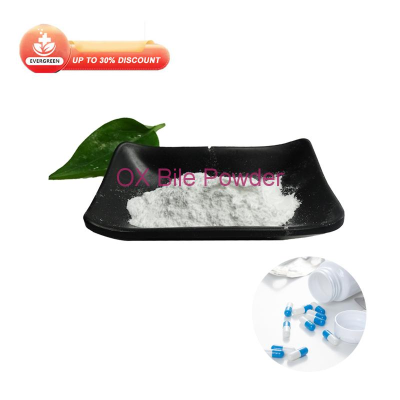Scientists say hops may reduce the damage alcohol can do to the liver
-
Last Update: 2021-02-18
-
Source: Internet
-
Author: User
Search more information of high quality chemicals, good prices and reliable suppliers, visit
www.echemi.com
a mouse-based experiment showed that certain ingredients in beer, such as hops, can reduce the harm that alcohol can do to the liver.at
University of Friedrich Schiller
in Germany divided the mice into three groups, giving regular beer containing hops, special beer without hops and ethanol (alcohol).
12
, the liver fat build-up in the regular beer group was less than in the ethanol group. The liver fat accumulation in the special beer group was the same as in the ethanol group.The researchers say their data show that the hops in beer can play at least a role in reducing liver damage from alcohol consumption. They recently published their findings in
journal Acohol
Alcoholism.the findings could explain why people think drinking spirits is more likely to cause liver damage than drinking beer. Reactive oxygen is responsible for liver cell damage, while hops can slow the production of reactive oxygen.need to be reminded that scientists need to do further research to see if the same response applies to humans and has long-term effects. It is worth mentioning that the study was funded by the German brewing industry.In some
, drinking spirits is more likely to cause liver disease than drinking beer, says
William Kerr
, a senior scientist at the Alcohol Research Group. However, "beer does cause liver damage, but it is also possible that certain ingredients in beer protect the liver from alcohol." Inaddition,
Kerr
that the amount of hops in beer is also a problem. The beer used to test the mice was German Pearson beer, and it is not known how much wine is needed to achieve the study's effect.
This article is an English version of an article which is originally in the Chinese language on echemi.com and is provided for information purposes only.
This website makes no representation or warranty of any kind, either expressed or implied, as to the accuracy, completeness ownership or reliability of
the article or any translations thereof. If you have any concerns or complaints relating to the article, please send an email, providing a detailed
description of the concern or complaint, to
service@echemi.com. A staff member will contact you within 5 working days. Once verified, infringing content
will be removed immediately.







